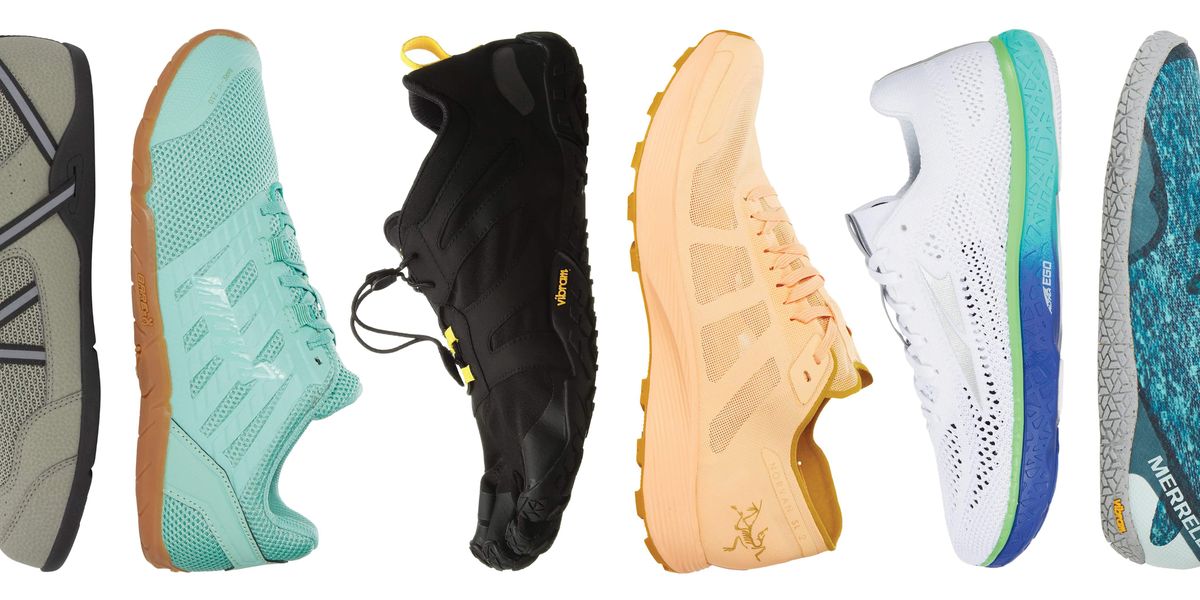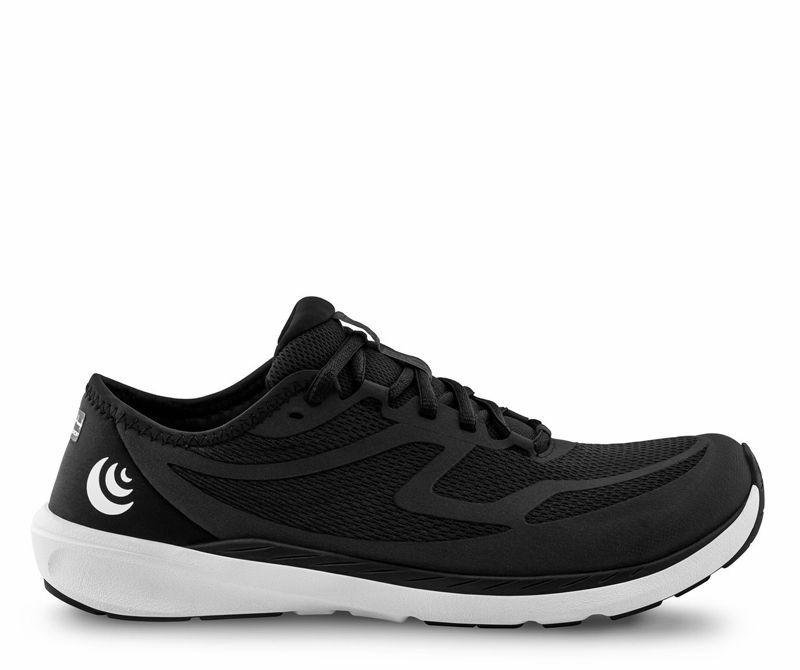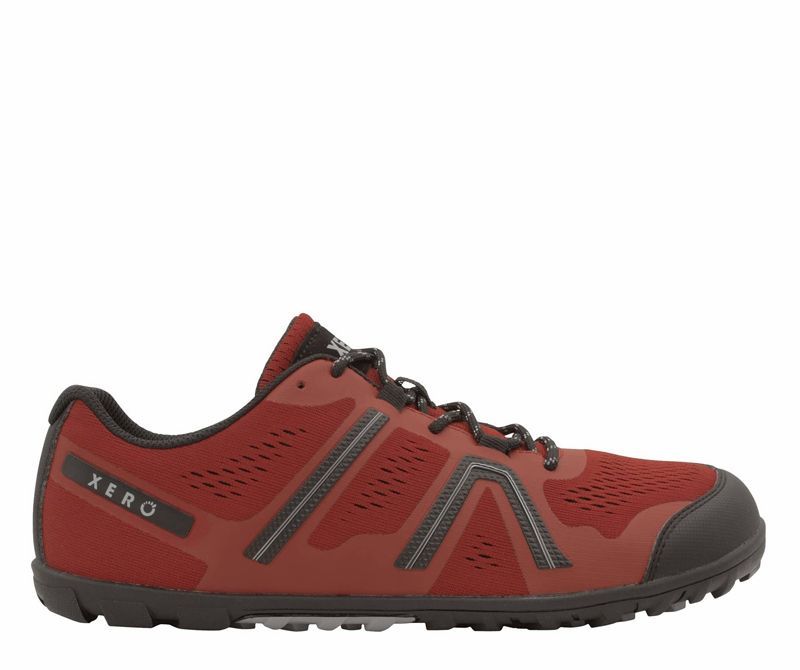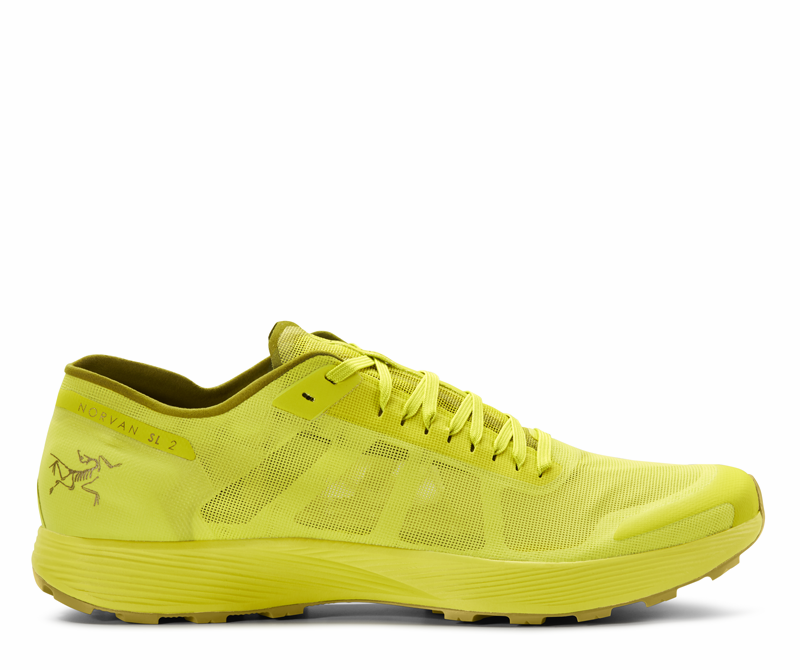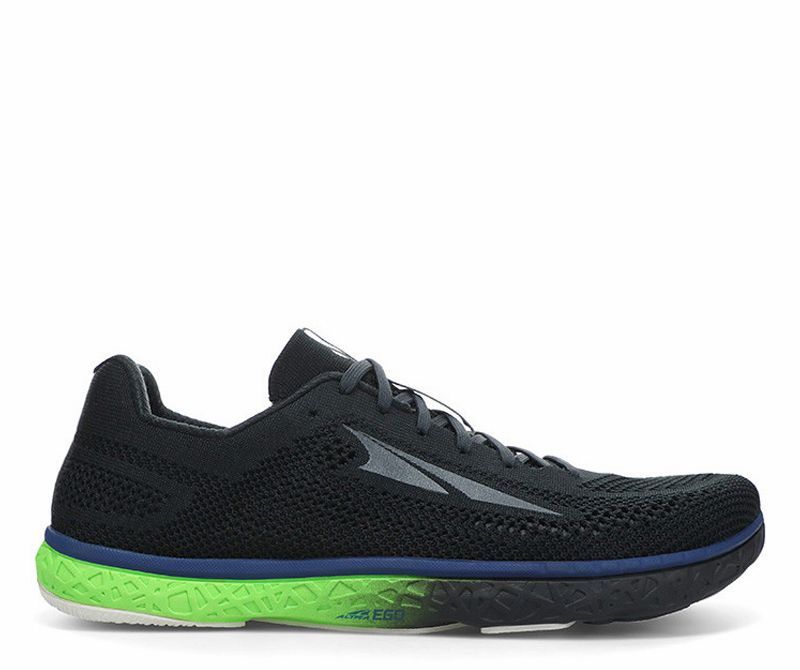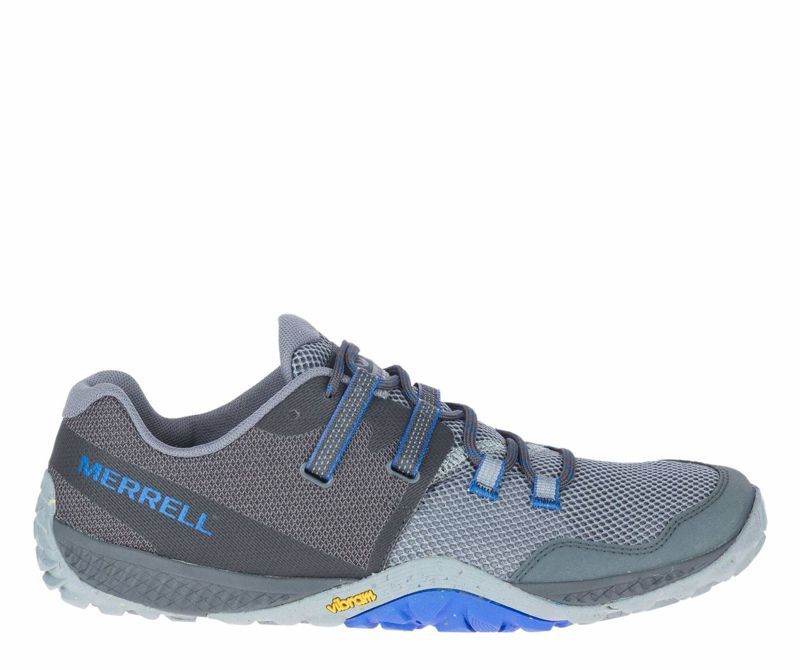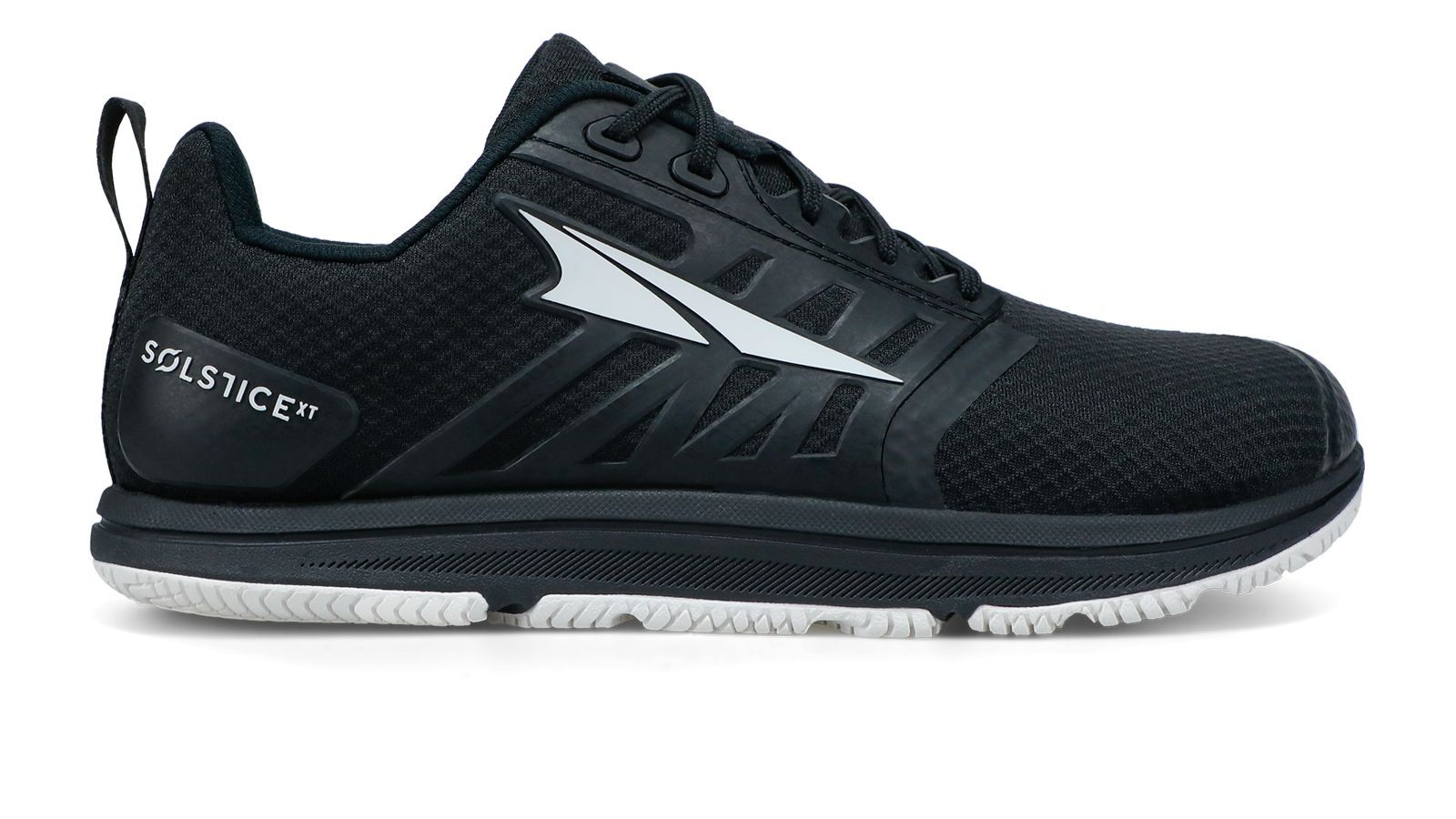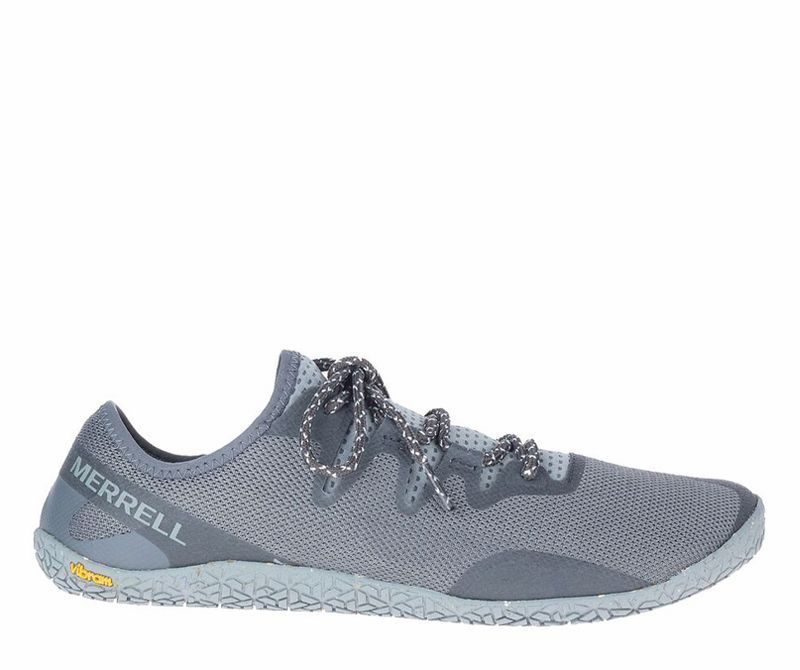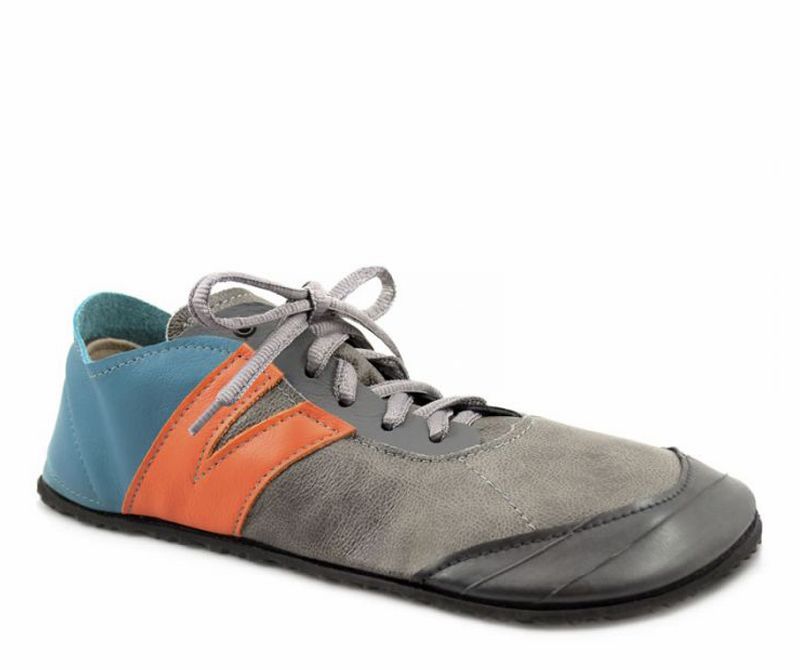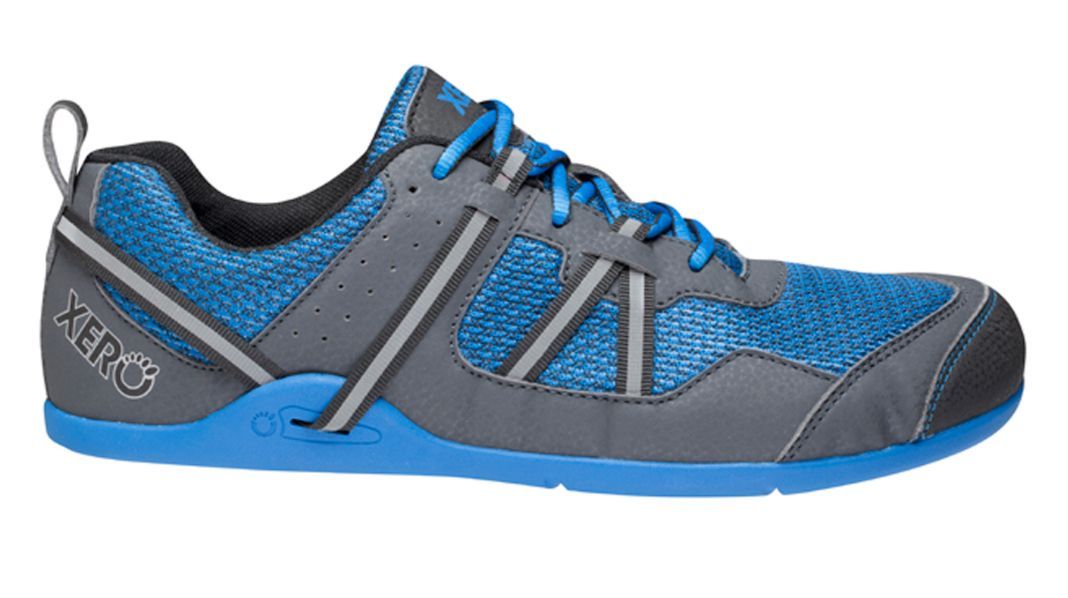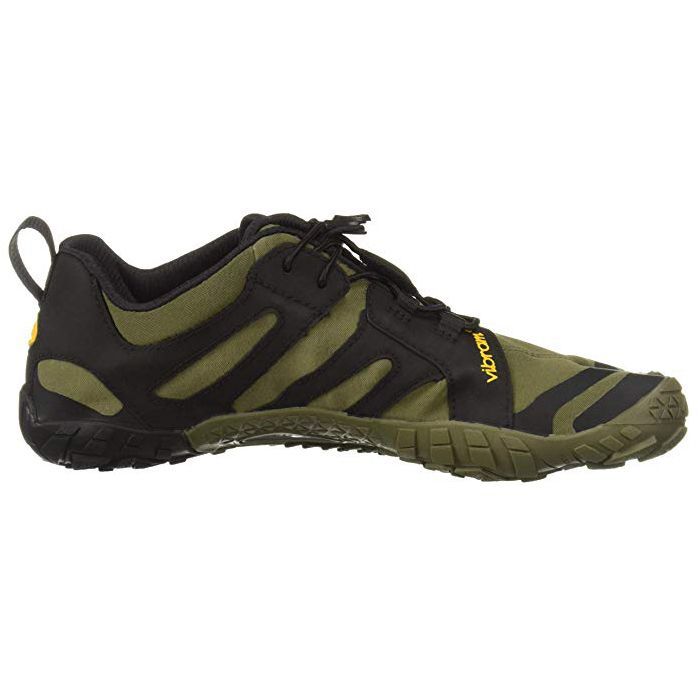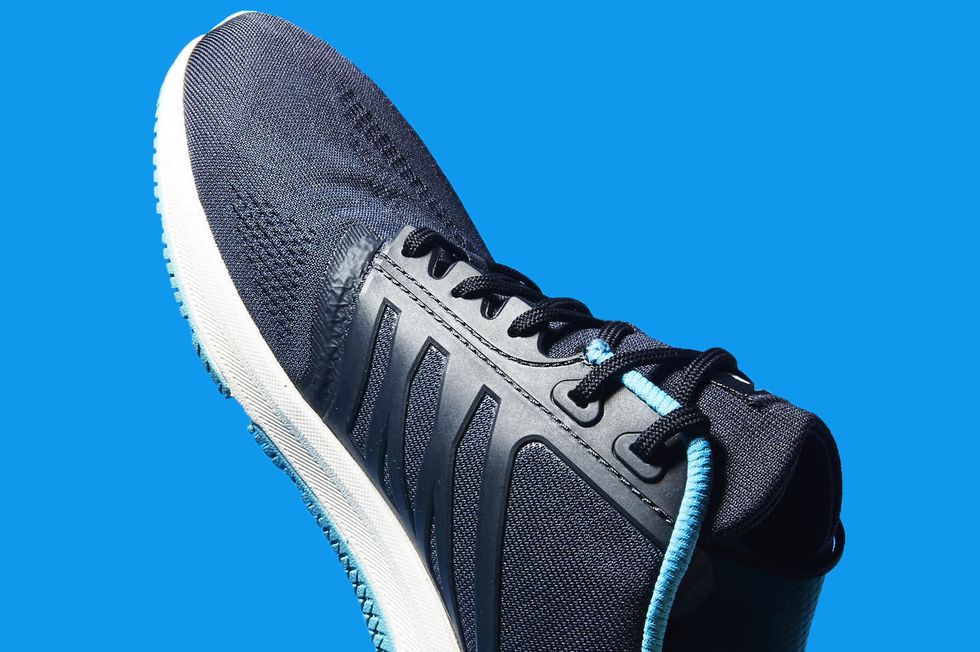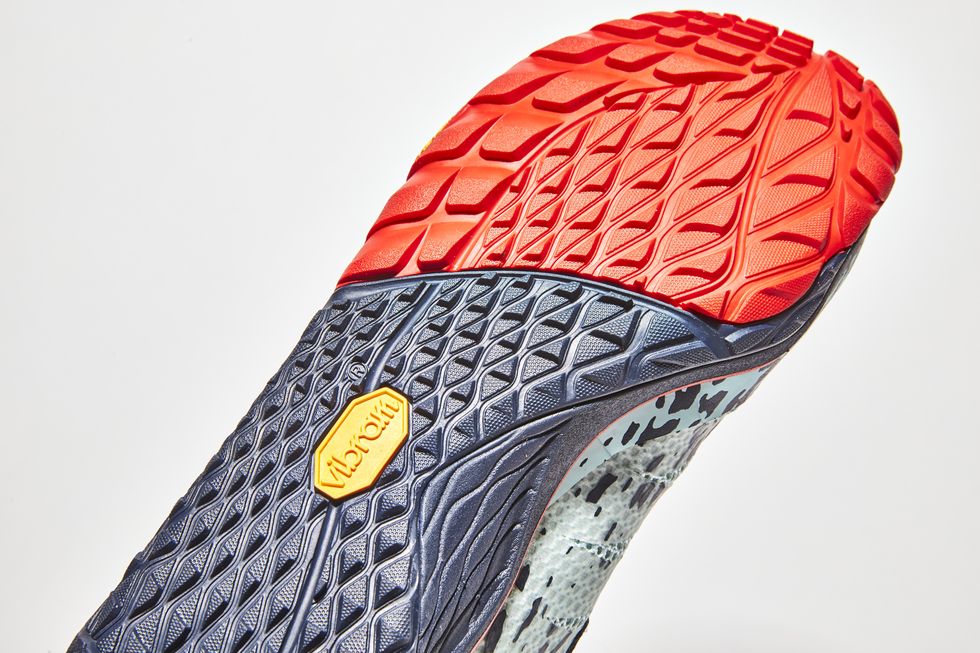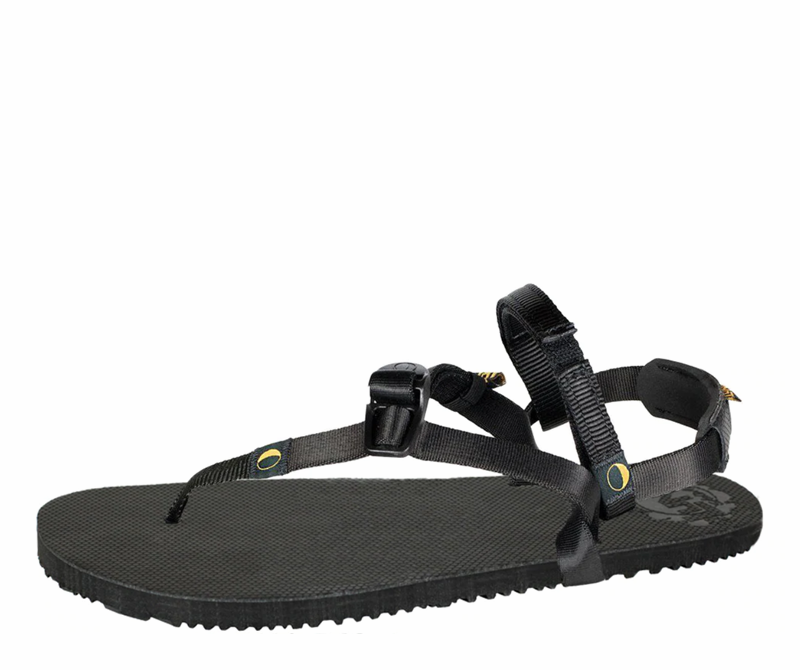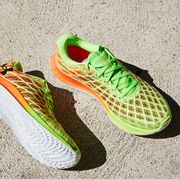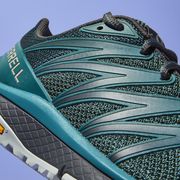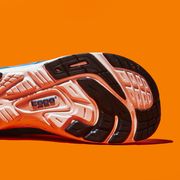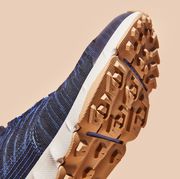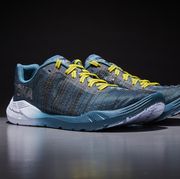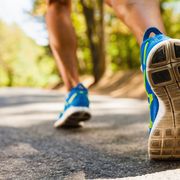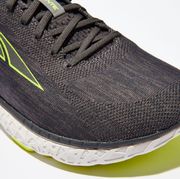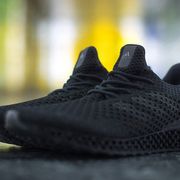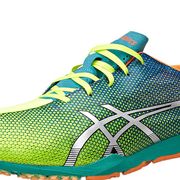Editor’s Note: We reviewed and updated our shoe selections below on May 23, 2022. Based on our testing, we stand by these current recommendations as the best available options in minimalist and barefoot running footwear.
Minimalism was born from the simple “less shoe, more you” premise. The idea is that less cushioning and support from your kicks means you’ll engage your feet more, and strengthen the muscle fibers that get neglected when you’re all laced up. With stronger accessory muscles in the foot, injury rates were expected to drop and running efficiency would improve. (After all, the practice seemed to work for the impressive Tarahumara tribes that covered hundreds of injury-free miles in wafer-thin sandals.) Minimalism sought to reconnect runners with that organic barefoot experience—one that would ultimately improve our form with the hope that the PRs would soon follow.
Best Minimalist Running Shoes
Today’s Minimalist Runners
As it spread to a wider audience, the minimalist running movement had some mixed results. While strengthening muscles in the feet can be very beneficial to runners, logging high barefoot mileage without a slow buildup proved a risky way to do it. Overzealous new minimalists jumped into the craze quickly—ditching their supportive shoes—and many actually saw their injuries (and aches and pains) increase. That said, many runners have also benefitted immensely from the barefoot approach and have found its methods revitalizing, both physically and mentally. Like many experiences we have on the run, it is highly individual.
The popularity of minimalism has decreased from its boom nearly a decade ago, but there are still runners out there who find that it works well for them. If you’re curious and think it’s something you’d want to try, a very gradual transition to a minimalist shoe is your safest bet. Alternating runs between your usual trainers—and easing in at rock-bottom mileage—will help keep you injury-free. But before you take the minimalist leap, you might want to test out something less extreme with a lightweight shoe instead.
What Is a Minimalist Shoe Anyway?
Answering this question has sparked both debate and confusion, since some shoes are more “minimal” than others. The Journal of Foot and Ankle Research helped bring some clarity to the field with this official definition of a minimalist shoe:
“Footwear providing minimal interference with the natural movement of the foot due to its high flexibility, low heel-to-toe drop, weight and stack height, and the absence of motion control and stability devices.”
Shoes are evaluated on a scale of 0 to 100 to determine a “Minimalist Index” in which a shoe garners points across five distinct categories (flexibility, drop, weight, stack height, and motion control/stability devices). In essence, these shoes operate on a continuum of support, rather than an exact cutoff—the higher the score, the more minimalist the shoe is. It’s up to you how low (or rather, how high) you want to go in selecting your next pair.
How We Chose These Shoes
Every shoe on this list has been selected by our editors here at Runner’s World. We’ve researched the market, surveyed user reviews, consulted with product engineers, and used our own experience in these shoes to determine the best options. We’ve handpicked each pair based on value, test impressions, expert recommendations, and how the shoe performs overall. (You can check out full reviews and images for those that have undergone our strenuous testing cycle.) Here are 11 top picks to consider if you’re making a move on minimalism—just be sure to ease them into your running routine gradually.
MOST VERSATILE
Topo Athletic ST-4
Topo’s stripped-back ST-4 may be minimal in design, but it hits the maximum in versatility. These kicks work for running, agility training, weight lifting, and more; unlike the third version, this model incorporates an Ortholite footbed that softens the step-in feel without adding too much cushioning. While still fairly light at 7.3 ounces for a men’s size 9, the Speed Trainer—that’s the “ST”—puts a 16mm midsole between your foot and the ground and uses an internal support skeleton with a few light overlays for a bit more structure through the upper. “This is a minimalist shoe so I did not expect it to be cushioned. However, it had enough cushioning that I felt protected from the road—although I wouldn’t wear it on technical trails,” said one neutral-footed tester who runs about 40 miles per week. “I noticed some Achilles fatigue after about 8-9 miles; I usually wear 4mm drop shoes, so I imagine my foot will adapt with time and consistency in this zero-drop pair.”
BEST ROAD-TO-TRAIL SHOE
Xero Shoes Mesa Trail
A few of our shoe testers are highly-experienced minimalist runners. We asked Don K., a decade-long member of the team, for his thoughts on the Mesa Trail after he ran a full marathon in his sample pair. “These are a good bridge for runners who want more grip on trails but also need a shoe for flat and even surfaces. The outsole is well made and lived up to the durability of any other shoe I’ve tested. The upper is a bit thicker than other minimal shoes and withstood running in harsher environments,” he said. That makes sense—Xero Shoes guarantees these soles will last for 5,000 miles.
“There isn’t much support, but it is lightweight. The zero drop is also a positive, for me, as it provides a more natural feel while running,” Don added. “Probably the weakest feature of the shoe is the laces. They are bulky and almost like what you would find on hiking boots. They were difficult to tie—especially double knots—and they didn’t slide through the eyelets well, but I was able to get them to cinch up.”
BREATHABLE, HYDROPHOBIC MESH
Arc’teryx Norvan SL 2
Leave it to rock climbers to inspire one of the lightest trail shoe we’ve ever tested. The Norvan SL (Arc’teryx code for “Super Light”) was designed for rock climbers as a compact and lightweight shoe to quickly traverse between climbing routes, and the second version has shed even more weight from its predecessor. Like the original model, the SL 2’s paper-thin TPU mesh upper repels water and fits snugly, but its collar has been reshaped to better prevent dirt and gravel from sneaking in around the ankle. The midsole is narrow underfoot, especially below the arch, while the forefoot widens to provide more ground contact and solid traction when toeing off on steep inclines. With no rock plate, minimal cushioning, and an outsole upgrade to an even lighter-weight iteration of Vibram’s MegaGrip rubber, the Norvan SL 2 remains an extremely nimble and grippy shoe for runners who prioritize ground feel on the trails.
BEST FOR ROAD RACING
Altra Escalante Racer
True to its name, Altra’s less cushioned version of the standard Escalante is a zero-drop speed shoe designed for the starting line. This race-ready model comes in 1.2 ounces and 1.7 ounces lighter than the Escalante 2.5 for the women’s and men’s versions, respectively, for a featherweight feel that “gives the sensation of running barefoot,” according to one tester. Altra’s purpose in launching the Racer version was to create an honest-to-goodness racing flat that provides a snappy ride with slightly firmer, more responsive cushioning than a daily trainer. With a thin engineered static mesh upper that’s like a second skin and a wide forefoot to accommodate your natural toe splay, this shoe is for the runner who desires to run as close to shoeless as possible.
BEST FOR BAREFOOT BEGINNERS
Merrell Trail Glove 6
The Trail Glove 5 had just a 3mm midsole and a Vibram rubber outsole separating your foot from the ground. This latest version of the shoe adds a touch more support and cushioning, but still gives you that connected “one-with-the-trail” sensation minimalist runners chase after. Merrell wanted the sixth Trail Glove to better mimic the foot’s natural shape and motion, so the brand paired the shoe’s zero-drop platform with an arch-cradling support zone through the midfoot. The durable upper mesh now uses more recycled materials in its construction, while remaining breathable and soft enough for sockless wear, and better resists scapes and snags thanks to repositioned sturdier overlays. Despite the protective rock plate underfoot, the Trail Glove 6 still flexes freely and adapts quickly to changing terrain—both on twisty, rutted singletrack and paved, uneven sidewalks.
BEST FOR CROSS-TRAINING
Altra Solstice XT 2
Designed less for high-mileage running and more for gym workouts—or for cross-training at home—the Solstice XT 2 has a firm midsole with support for more than just forward motion. The shoe was built with squats, jumps, and HIIT workouts in mind, so in addition to that firmness and snap you’ll also get the flexibility needed for lateral agility drills over an outsole with just enough grip to stick to a gym floor. But our test team found them plenty capable on the roads as well, particularly for speed workouts and shorter runs.
BEST VALUE
Merrell Vapor Glove 5
The Vapor Glove shares much of the same DNA as the Trail Glove, but strips down the support even further. We recommend this model for two types of runners: those who are already well-seasoned and highly conditioned minimalists and are seeking something that gets them even closer to barefoot, or those who enjoy running on the beach. The Vapor Glove swaps in a snug, sock-like upper and nixes the Trail Glove’s supportive midfoot, but maintains a grippy, flexible layer of Vibram rubber on the outsole. Only 2mm thick, the outsole won’t shield against sharp rocks, but it offers just enough protection for beach runners dodging small shells and pebbles. If you’re thinking of logging some seashore miles this summer or striding out on the hot sand, the Vapor Glove is a great option. Plus, it’s super easy to roll up and stuff in your suitcase.
Other Options to Consider
BAREFOOT WITH GRIP
Softstar Primal RunAmoc
Efficient runners who are light on their feet and not prone to injury will appreciate these barefoot leather trainers. Ideal for shorter runs and soft trails, the shoes have a 5mm grippy Vibram Omniflex rubber outsole, an extra roomy toebox with a light protective cap, and just enough padding around the tongue and ankle to stay comfy with or without socks. They’re handcrafted in Oregon and use only responsibly sourced materials, but anyone not seeking a true minimalist shoe will find them a bit too Spartan to provide enough support for more than sprint distances.
STYLISH COMFORT
Xero Shoes Prio
With its name straight from a physiology textbook, the Prio (from the term “proprioception”) is just the shoe you’ll want for better “awareness of body movement.” The shoe uses the same 5mm rubber sole as the brand’s super minimal sandals, so there’s not much to cloud a truly barefoot experience. A wide toebox, zero-drop offset, and fully adjustable instep strap give freedom to fine-tune your fit, so you can focus on your stride and let nature do the rest. Feel free to don the Prio sans socks—they’re barefoot-friendly.
THE ORIGINAL “TOE SHOE”
Vibram V-Trail 2.0
The V-Trail 2.0 delivers once again in true five-finger style—outfitting each toe in its own flexible, water-repellant sleeve. It brings a sturdier 3D-printed mesh for light protection against rocks when you’re carving out gnarly singletrack, but still maintains the agility you expect from the beloved “toe shoes.” The same quick-cinch closure system means you won’t waste time fiddling with soggy, muddy laces.
CLOSEST TO THE REAL THING
Luna Sandals Leadville Trail
Last, and certainly least, is the most minimalist option out there—the running sandal. Taking its name from notoriously difficult ultra race, the Leadville Trail model from Luna Sandals is about as close to barefoot as you can get without hitting the road in your socks. Needless to say, these guys are lightweight and flexible, and have just enough thickness (11mm) so your feet don’t get chewed up on rocks and gravel. If you really want to know what it feels to run like the Raramuri, just slide into a pair of Lunas.
Amanda is a test editor at Runner’s World who has run the Boston Marathon every year since 2013; she's a former professional baker with a master’s in gastronomy and she carb-loads on snickerdoodles.
